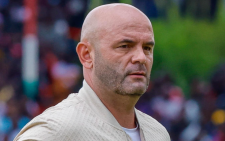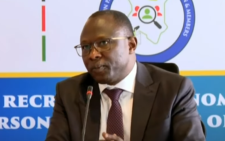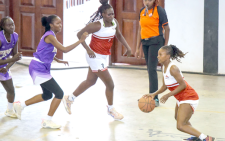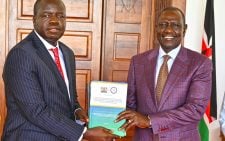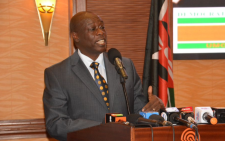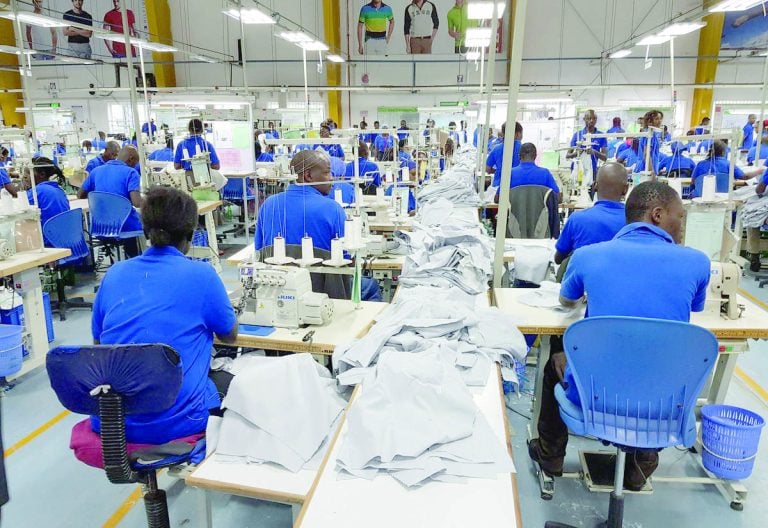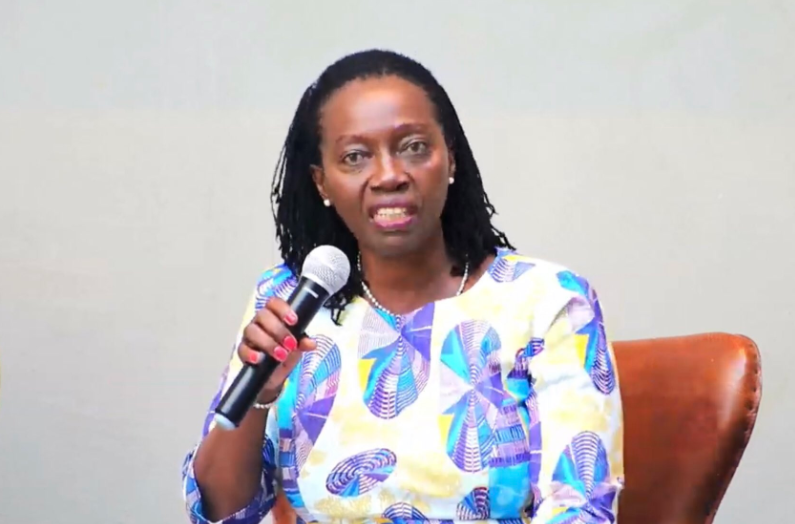New FKF broom must help redeem sport
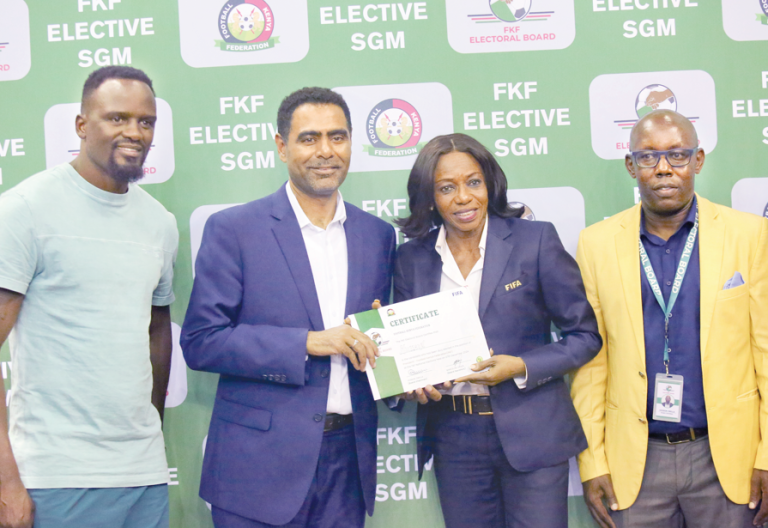
The elections are over and a new leadership is at the helm of the football body in Kenya. Should we hold our breath? We have had many false starts as a country, and the problem has always been chiefly at the leadership level at the helm of the game.
Kenya’s football is in dire straits, as are many other things, again all tied to leadership. Sports more explicitly exemplify that rot.
Very few can remember the days when a shemeji derby captured the country’s imagination. Fans would spend days without end analysing who would win the eventual match. Then, the preparations for getting to the match venue to cheer the favourite side will follow.
On the eventual day, hell would break loose with drums and colourful attire covering the road to the venue as various fans found their way to the stadium. It was not just left to the ordinary citizens. Eventually, before the match, the national leadership would drive in.
In the past, the late President Daniel Arap Moi would show up. Based on the hat he wore on such occasions, Moi may have been a secret fan of Gor Mahia. However, it is doubtful whether he stated that openly. He would simply cheer good football.
A large part of his Cabinet and the political class would be with him at the stadium, whether it was at Nyayo on Mombasa Road, at City in Nairobi’s Eastlands or the then-modern Moi arena in Kasarani on Thika Road.
Lose or win, the fans would trek back the same way they had come, fizzle out in a drinking den, and analyse the game. The household names would be praised for their exploits in the field, and then people would retire to wait for the new week to begin.
That is all gone. It is not that talent disappeared. In fact, since those days and despite the challenges, Kenya has continued to produce talent that has gone on to shine on the world’s global scene.
What ails football and other sports is what ails the country. Ambitious leadership, possibly with little knowledge of the game itself but steeped in the national culture of wealth acquisition, took over and promptly forgot about it.
Kenya has suffered. The facilities have fallen into disrepair, players have not been cared for, and talent that needs to be nurtured has been forgotten. Instead, the focus has been on boardroom feuds, competition to stay at the top of the leadership pyramid and skimming the game for what it has to offer.
The challenge in football is not just at the sports leadership level but also at the Ministry of Sports. When a new sports minister is appointed, lofty pronouncements are made about the impending difference the new leadership will make. But the hope has ended at the podium.
Here we are again. The old leadership had been at the helm for too long and did too little for the sport. Instead, the fights went on. For a while, FIFA suspended Kenya. Harambee Stars was neglected and needed help finding its way to its matches. The national pastime of corruption was cited at every turn.
The new team must focus on these issues. Some names familiar with the global football culture are now at the helm. While leadership is collective, let us hope that this new broom can set things right again.
The sports facilities need to be upgraded, sponsorship for the local teams found, and players paid. We need to get back to filling the football stadium again and bring the glory days back.
The national leadership ought to be interested in this. Football and sports generally are too important to be left in the hands of the officials alone. Instead, whatever support they could get would be useful in helping them achieve the nation’s aspirations. Maybe it is time to dream again.
— The writer is the Dean of Daystar University’s School of Communication
